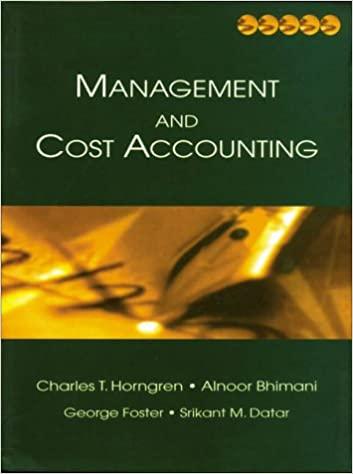2. How much new equity would be raised by each action? and What may happen to the price of the stock? 3. What are the costs associated with each strategy?
The short period for preparation means that a thorough analysis may be impossible, especially of the possible impact of a dividend cut on the value of the stock, but Ms. Molitoris presumes that some additional alternatives do exist. One of her assis- tants suggested that the firm institute a DRIP, in which additional shares would be sold to stock- holders to raise additional equity capital. Her other assistant suggested that the company substitute a 5 percent stock dividend for the cash dividend. Before making either (or both) suggestions to the board, Ms. Molitoris decided to seek your help in answering several questions: Christina Molitoris is preparing for a meeting of the board of directors of Chesapeake Bay Corpo- ration, a developer of moderate-priced homes and vacation homes in the Chesapeake Bay area. The combination of the location near major metropoli- tan areas with the recreational facilities associated with the Chesapeake Bay has made the firm one of the most successful homebuilders in the nation. During the last five years, the firm's cash dividend has risen from $2.10 to $3.74, and the price of its stock has risen from $36 to $75. Since the firm has $12,000,000 shares outstanding, the market value of the stock is $900,000,000. Given the vola- tile nature of its industry, the increases in the price of the stock and in the dividend were substantial achievements. Management, however, is considering enter- ing into nonbuilding areas in an effort to diversify the firm. These new investments will require more financing. Although additional debt financing is a possibility, management believes that it is unwise to issue only new debt and not increase the firm's eq- uity base. New equity could be obtained by issuing additional stock or reducing the dividend and thus retaining a larger proportion of the firm's earn- ings. Two major points had previously been raised against these strategies: Issuing additional shares may dilute the existing stockholders' position, and reducing the dividend could cause the value of the stock to decline. Even though it is possible that no change will be made and that the firm will continue its present course, the board believes that a thorough discus- sion of all possibilities is desirable. Ms. Molitoris has been instructed to develop alternatives to the two strategies for the next meeting of the board in two weeks








